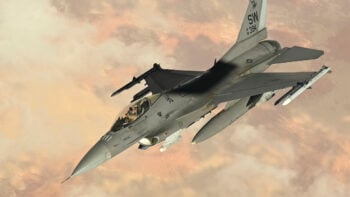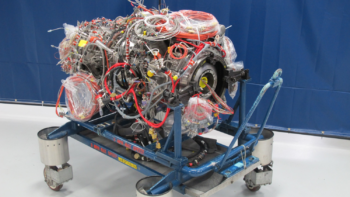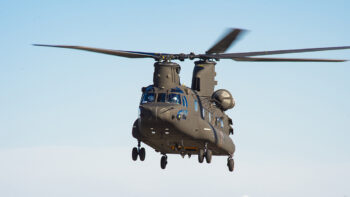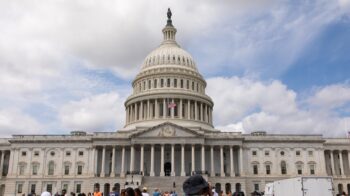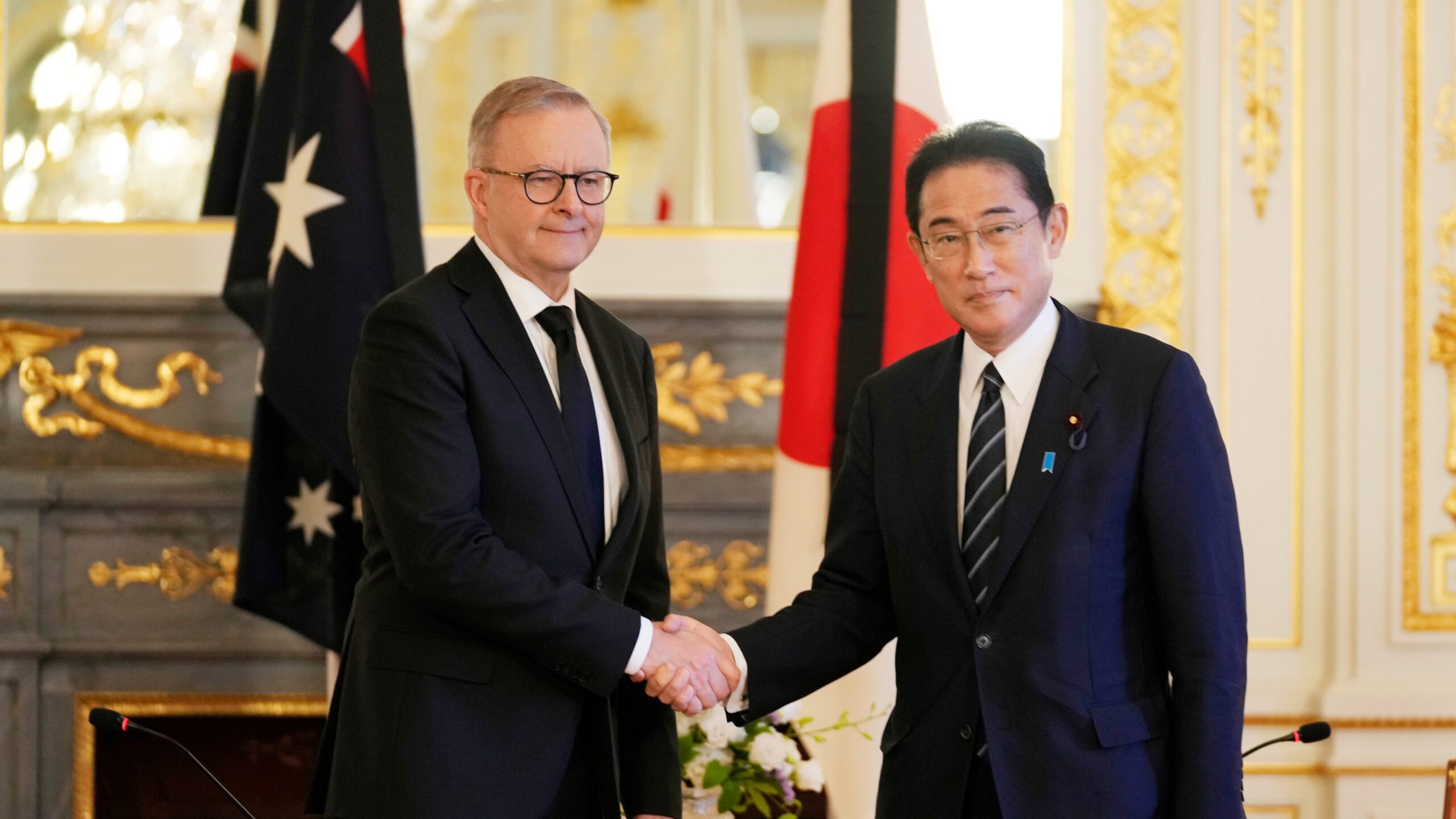
Japan’s Prime Minister Fumio Kishida poses for a photo with Australian Prime Minister Anthony Albanese before their meeting at Akasaka Palace state guest house on September 27, 2022. (Hiro Komae – Pool/Getty Images)
SYDNEY — When Japanese Prime Minister Fumio Kishida arrives in Australia on Friday for the first visit by a Japanese Prime Minister since 2018, he and Australian Prime Minister Antony Albanese are expected to sign a new defense agreement tightening ties between the two countries in order to better counter Chinese aggression in the region.
Australia and Japan, who already share highly classified intelligence and are committed to joint military operations, are expected to declare what the Japanese Ambassador to Australia is calling an “epoch making” agreement, one that would shape relations between the two US allies for a decade.
But that may end up being more window dressing than substnative, according to Rikki Kirsten, one of Australia’s top Japanese defense experts, who noted that the agreement is effectively an update of the 2007 Joint Declaration. “The revised version referred to by Amb. Yamagami is effectively an announceable to help make Kishida’s visit a success. The two PMs can sign a revised declaration and the optics will be great,” Kirsten told Breaking Defense via email.
What will actually advance defense ties between the two countries in the new agreement? “Two new aspects in the revised declaration are intelligence sharing, and greater interoperability. The latter is already underway, so the question is, what is actually new here? More detail is required,” Kirsten said. “The same goes for intelligence sharing: it is already happening, so what is new here? We need to see the text to know the answers.”
Fumio arrives in Australia on Oct. 22 in Perth for the annual Australia–Japan Leaders’ Meeting. Albanese’s office released a statement saying that “Discussions between leaders will look to strengthen the defence and security partnership, and leaders will consider next steps to implement the Reciprocal Access Agreement which will enhance the ability of defence forces to operate and exercise together.”
The statement says that “Japan is one of Australia’s closest friends and a key partner in the region. The strong relationship between both countries is underpinned by a Special Strategic Partnership, shared values, and a common interest in a peaceful, stable, climate resilient and prosperous Indo‑Pacific.”
An extraordinary treaty signed by the two countries in January allows military forces from each country to train at each other’s bases and to collaborate on humanitarian missions. The prospect of Japan-Australia cooperation has clearly worried China, whose official media have issued several statements criticizing closer ties between the two countries on the claim that it will heighten regional tensions.
Interestingly, much of the statement from Albanese’s office centers on climate change, a key regional issue and one that the Labor Government here has marked as a top priority, in contrast to its predecessor. Scott Morrison’s government often ignored climate change as a security issue. That came back to bite it when the Solomon Islands signed a security agreement with China. Regional analysts said the Morrison’s government’s refusal to deal with climate change, seen as an existential issue for many Pacific island states, played an important role in opening the door to China’s overtures.
















